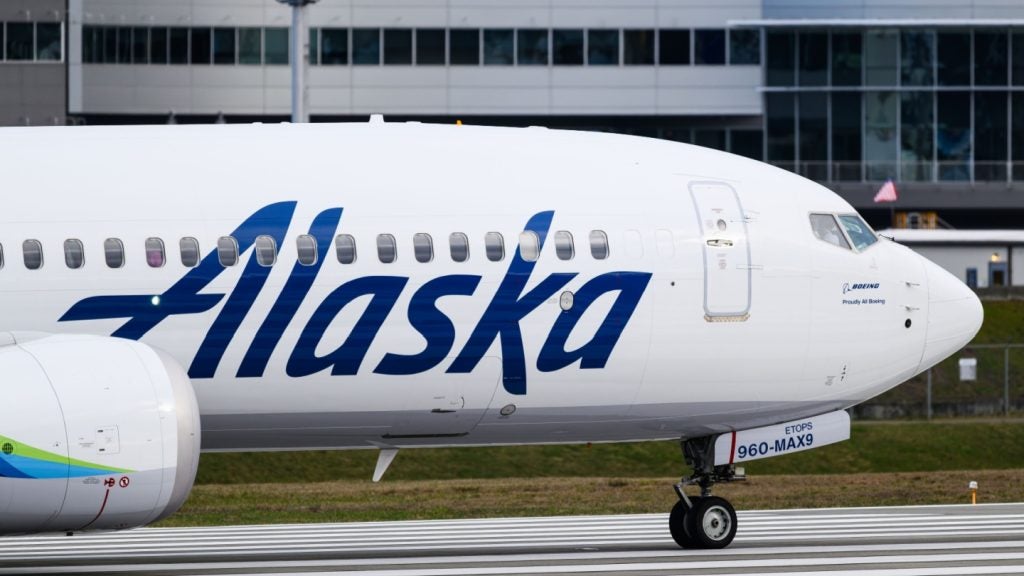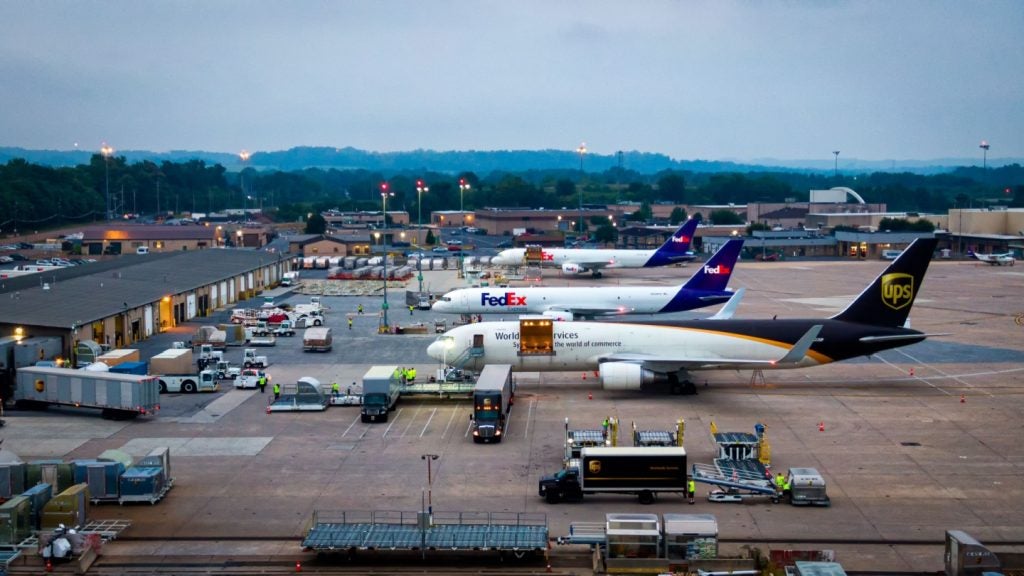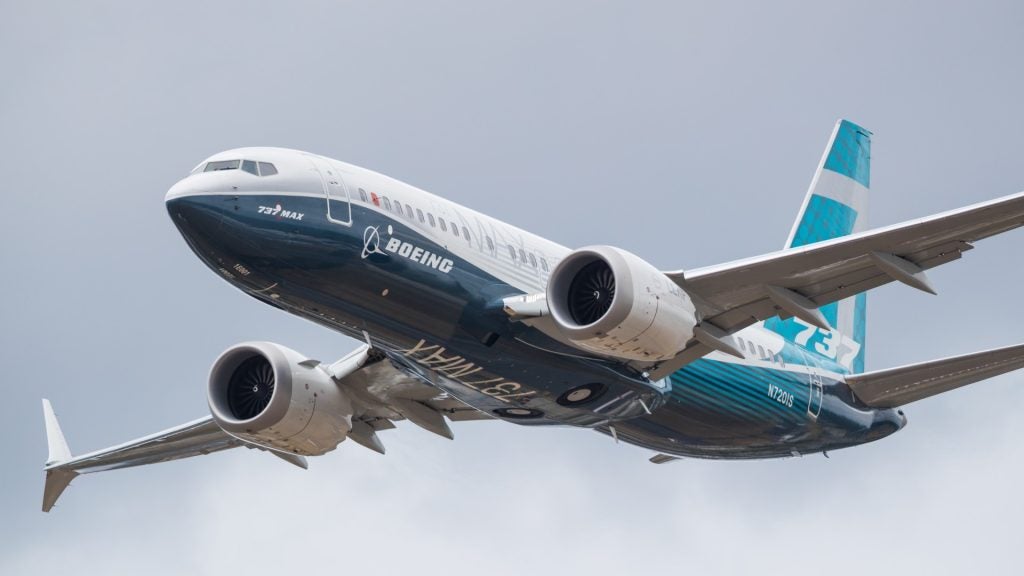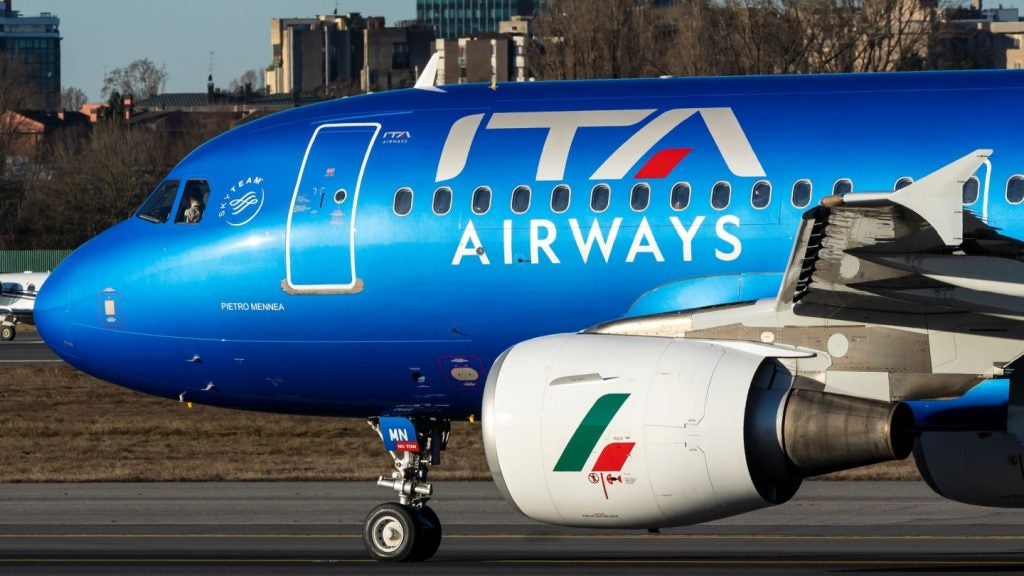
The US Transportation Security Administration (TSA) is facing backlash over the revelation it is secretly tracking Americans on flights as part of its ‘Quiet Skies’ programme.
Local media reported that the programme aims to flag flyers on domestic flights without a criminal record for surveillance through an unknown algorithm. Despite the TSA labelling it as a ‘practical method’, reports suggest that air marshals in charge of checking passengers have pushed back against the scheme.
The TSA told the BBC: “With routine reviews and active management via legal, privacy and civil rights and liberties offices, the programme is a practical method of keeping another act of terrorism from occurring at 30,000 feet.”
According to a report by the Boston Globe, ‘Quiet Skies’ requires federal air marshals to shadow travellers and report any suspicious behaviour to the TSA. The paper claims such travellers are not registered on terrorist screening databases, nor are they suspected of crimes. The passengers get notified once they’ve been added to the programme’s list, which reportedly contains fewer than 50 people, some of whom are American citizens.
Under ‘Quiet Skies’, a passenger’s travel pattern is initially analysed by an algorithm that registers data about the passenger. Officials then control the data to assess whether the person should be observed. This choice is made based on a number of behaviours that include excessive sweating, face touching and using a smartphone. According to the agency, if the passenger’s behaviour is uneventful during the flight, there won’t be any arrest or need to approach them.
The TSA stated that passengers are not judged by their race or religion. Yet, the Globe report suggests that the criteria for choosing the travellers are not clear, with sources telling the newspaper that in the past, air marshals have shadowed a business woman, a Southwest Airlines flight attendant, and a fellow law enforcement officer.
How well do you really know your competitors?
Access the most comprehensive Company Profiles on the market, powered by GlobalData. Save hours of research. Gain competitive edge.

Thank you!
Your download email will arrive shortly
Not ready to buy yet? Download a free sample
We are confident about the unique quality of our Company Profiles. However, we want you to make the most beneficial decision for your business, so we offer a free sample that you can download by submitting the below form
By GlobalDataDespite refusing to comment on the success of the programme in tackling crime on flights, the TSA told the BBC: “This programme’s core design is no different than putting a police officer on a beat where intelligence and other information presents the need for watch and deterrence.”
The Globe report triggered criticism against the TSA from several stakeholders in the aviation industry.
“The American public would be better served if [air marshals] were instead assigned to airport screening and check-in areas so that active shooter events can be swiftly ended, and violations of federal crimes can be properly and consistently addressed,” Air Marshal Association president John Casaretti told the Globe.
American Civil Liberties Union’s National Security Project lawyer Hugh Handeyside further claimed that the programme was “a big waste of taxpayer money and raises a number of constitutional questions”.
He added: “These concerns and the need for transparency are all the more acute because of TSA’s track record of using unreliable and unscientific techniques to screen and monitor travellers who have done nothing wrong.”







